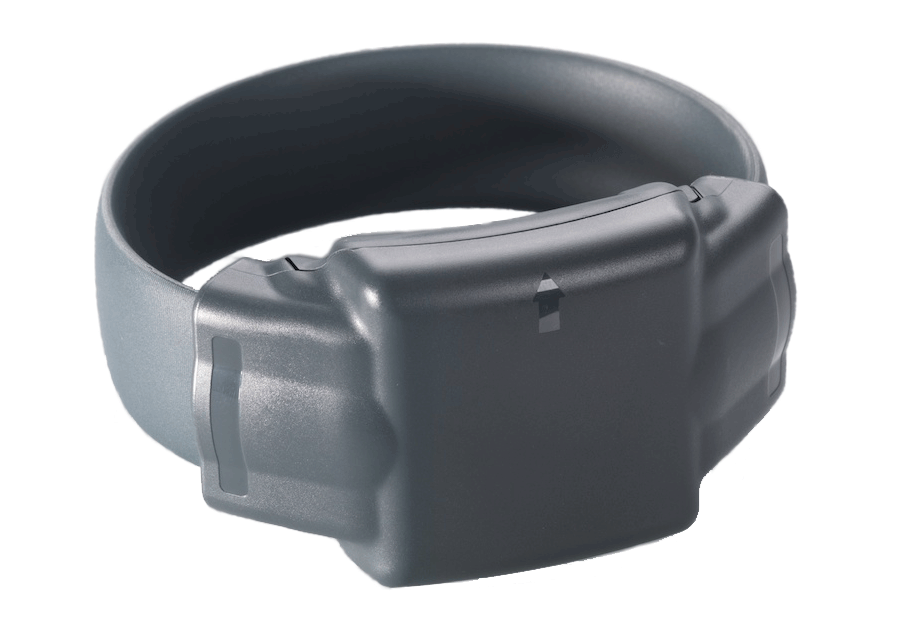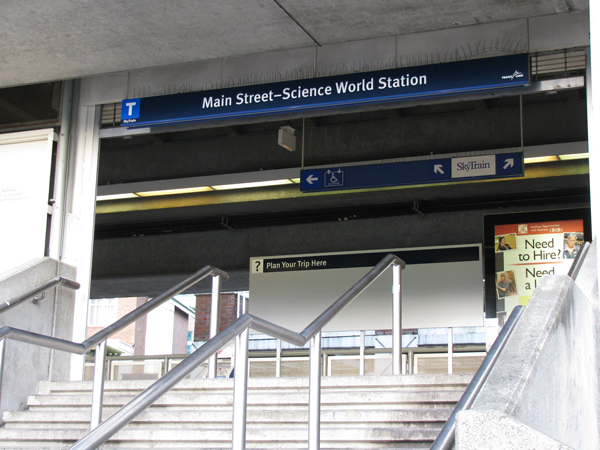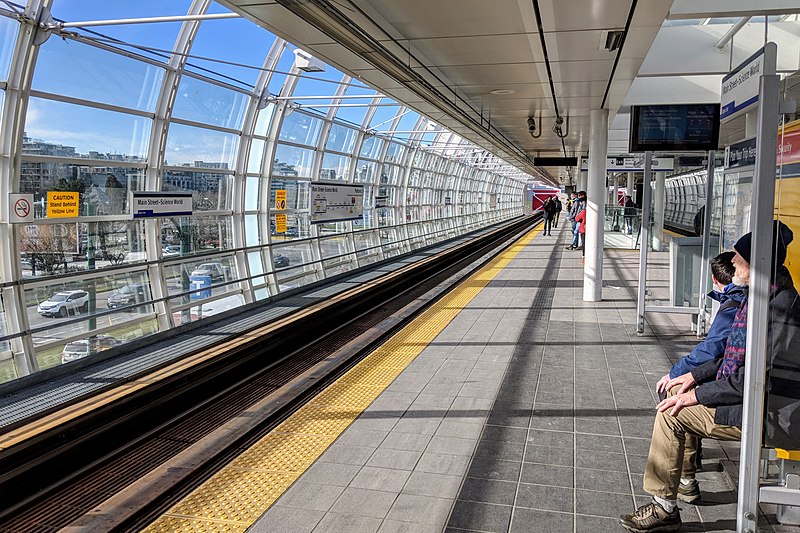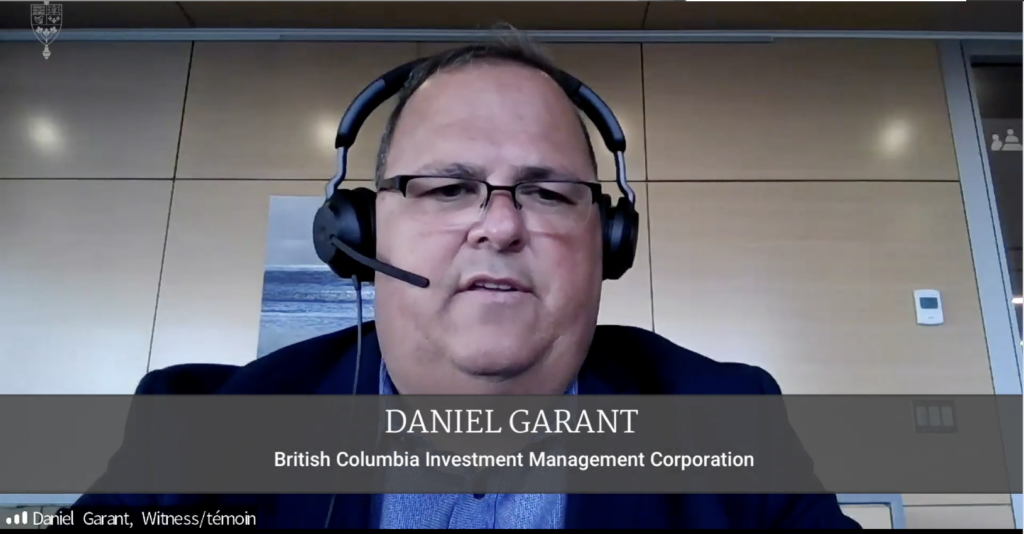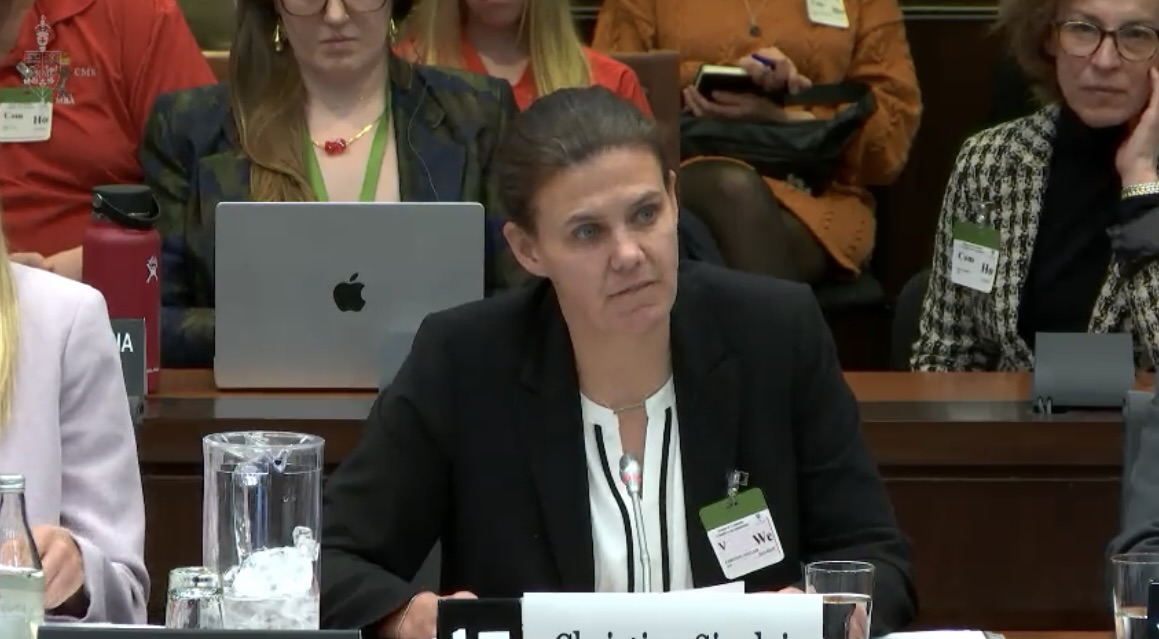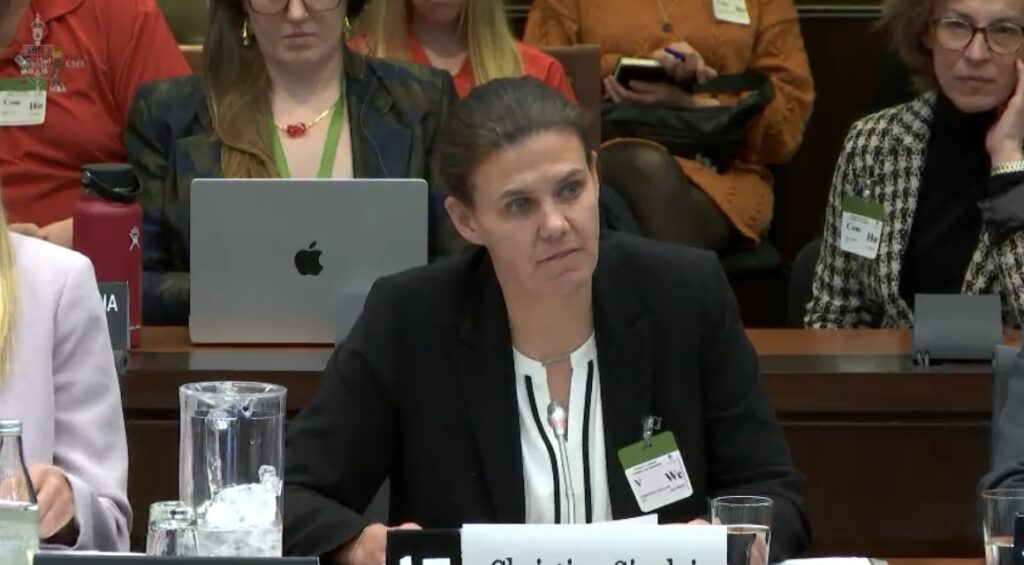A B.C. Visit from St. Nicholas
Bob Mackin
‘Twas the night before Christmas, when all through the house
Not a creature was stirring, not even a mouse,
NDP members, for October they prepare,
Pollsters shout: “housing, economy, healthcare!”
Hospitals are full, the scarcity of beds,
What about the billions from the feds?
Surrey Memorial has a portable, oh snap!
And Peace Arch’s movie set caused a flap,
Cancer patients to Bellingham, sparked even more chatter,
More fentanyl victims, can it get any sadder?
August in West Kelowna, forests became ash,
Hotels and motels lost so much cash.
Summer drought, rationed H2O,
Grouse and Whistler cry out for snow,
Climate is a-changin’, that is quite clear,
Weather’s in flux, both far and near.
Eby says carbon tax will stick,
Conservative Rustad says “hey, not so quick!”
Falcon, busy changing the name,
Were Liberals, now United, like a soccer game.
From Prince George to Princeton,
Free enterprise vote splittin’.
Margin of victory could be small,
It favours Premier Dave, so tall.
At Cambie and 12th, it’s Sim, Kirby-Yung and Bligh,
Another year property taxes go high.
That surprise ABC threw
Was not the Bright Nights choo-choo,
But the park board, they hope it goes poof!
Sim says he’ll save millions, but where’s the proof?
A split in his caucus, conflict abound,
Ex-commissioners find common ground.
ABC voted to make the board go kaput
An opposition movement is afoot.
Pools, rinks, fields and track,
Will Stanley Park forests grow back?
We still have False Creek and its ferry,
And PNE Fright Nights, oh so scary.
Away in Surrey, that never-ending show,
Locke versus Farnworth, a battle of ego,
From Fraser River to Ocean Park heath,
The Sol-Gen declares: “Surrey Police!”
Hold on, before you say “Machiavelli!”
It’s the Mayor again, fighting back on the telly,
“I have a plan, right there on my shelf,
“Keep the Mounties, I say, from 0 to 112th!”
“Don’t want NDP police,” she also said.
“Blame Eby for any tax hikes ahead!”
Off to the lawyer, schedule a judge in the court,
Who said this battle was going to be short?
Locke has her fans, and it shows,
Of course not McCallum, but ex-Mayor Bose.
Look, above Whalley, beyond the drizzle,
It’s Santa, himself, not a civic official.
I heard him exclaim, as he drove out of sight—
“Happy Christmas to all, and to all a good night!”
(with apologies to Clement Clarke Moore)
Support theBreaker.news for as low as $2 a month on Patreon. Find out how. Click here.
Bob Mackin 'Twas the night before Christmas, when








